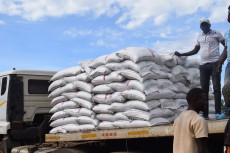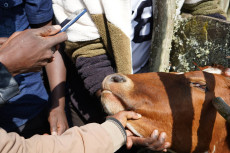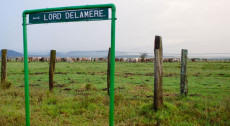In Ndumberi, Kiambu County, a mother’s wails now echo through what was once a home filled with laughter.
Twelve-year-old Bridget Njoki is gone. Not because of illness, accident, or misfortune but because a state-sanctioned bullet tore through her head as she sat peacefully with her family in their living room.
This is not just a personal tragedy. It is a national failure.
Bridget, a bright and disciplined Grade 7 student, was doing what every child deserves to do: resting at home with her family.
Yet even within the walls of her house, she was not safe. On July 7, 2025, around 6:20 p.m., as police dispersed protesters during the Saba Saba demonstrations, a bullet found its way into the Njoki household — and into Bridget’s skull.
The state cannot call this collateral damage. It cannot be dismissed as a tragic accident. A child was killed in her home. Let that sink in.
What message are we sending to Kenyan children when even their homes are not beyond the reach of police violence? What does it say about our society when mothers are left to cradle lifeless bodies and beg for justice through tears?
Bridget’s story is not isolated. It is a symptom of a growing rot, a normalization of excessive force in the name of crowd control.
Police officers, armed with live ammunition, continue to treat public demonstrations as war zones. Protesters are dehumanized. Bystanders are disregarded. Children, evidently, are no longer protected.
Lucy Wambui, Bridget’s mother, is not demanding much. She isn’t shouting for revenge. She’s crying for justice, for accountability. For her daughter’s life to mean something.
If our leaders truly represent us, then Bridget’s name must echo in every chamber of power. There must be consequences. There must be reform. Otherwise, we will be forced to ask: Who’s next?
Bridget Njoki should be alive. She should be preparing for her next school term, chasing dreams, laughing with her family.
Instead, we are burying her, and, with her, yet another piece of our collective humanity.










